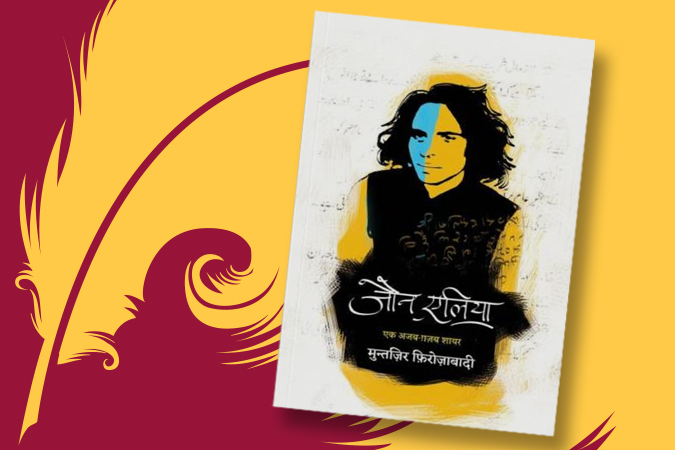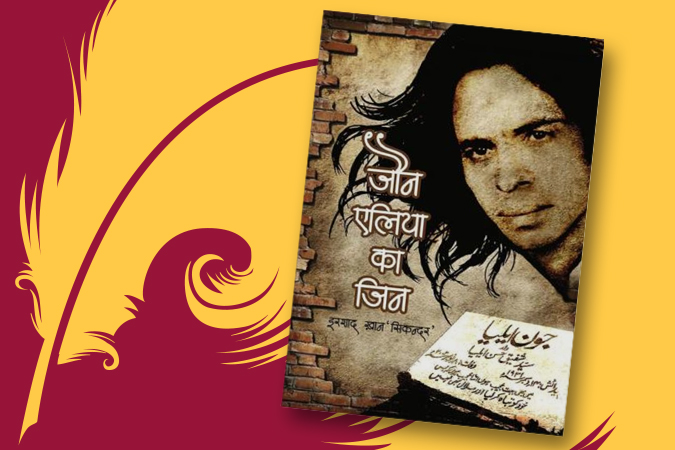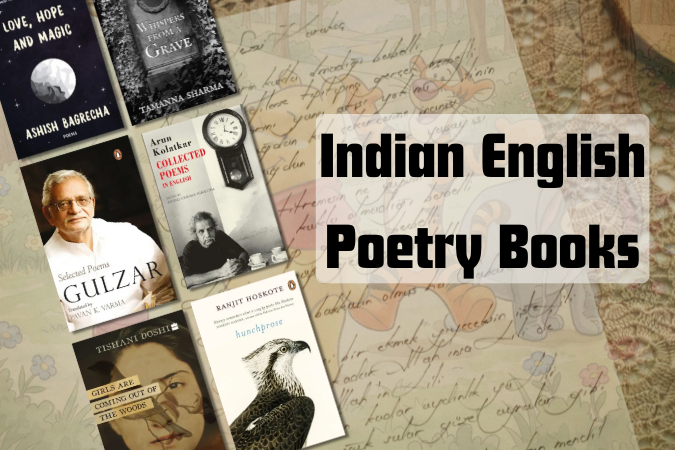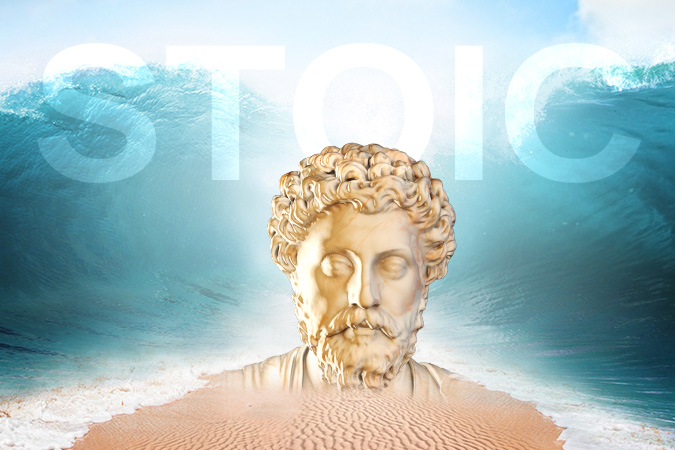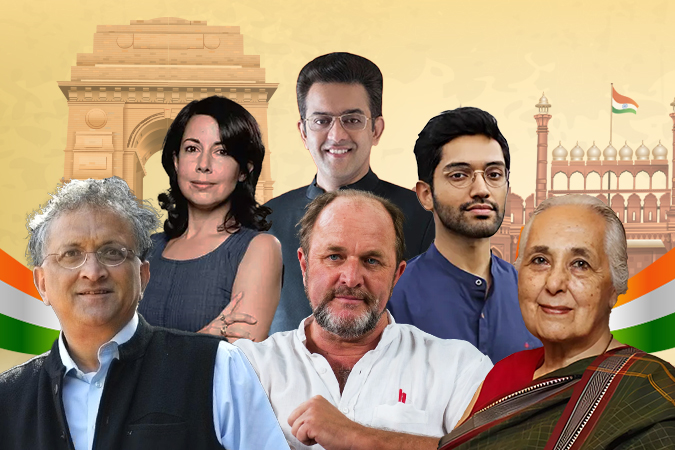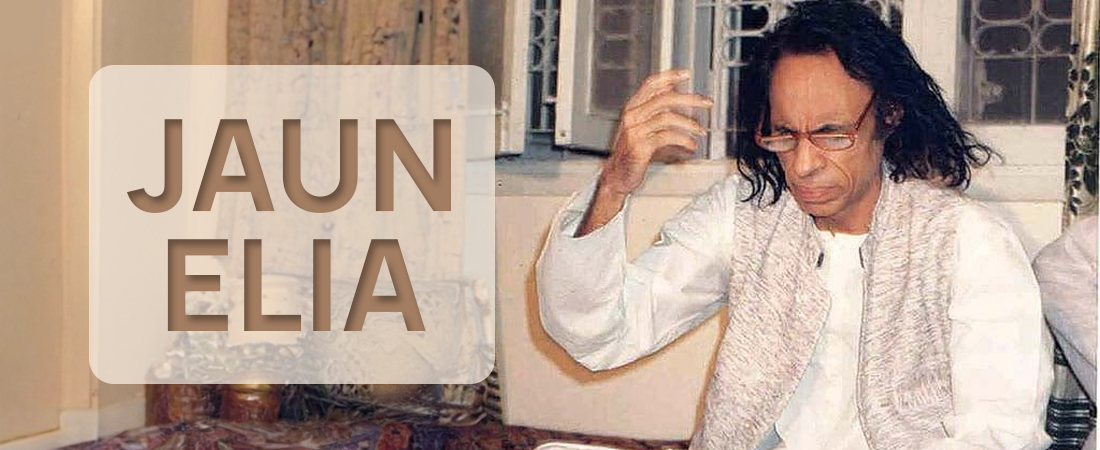
Jaun Elia books remain a treasure trove for lovers of Urdu poetry, capturing the essence of a genius who lived through love, loss, and rebellion. Known for his unorthodox style and profound themes, Jaun Elia is a name that continues to resonate deeply with fans of Urdu literature. But who is Jaun Elia, and what makes him such a captivating figure in modern poetry?
Fans of poetry, lovers of Urdu literature, and those curious about Jaun Elia’s life and works can explore his life and legacy in this article.
Jaun Elia (1931–2002) was a celebrated Pakistani Urdu poet, philosopher, biographer, and scholar. Born in Amroha, India, he migrated to Pakistan during the partition of 1947. Known for his distinctive voice, Jaun Elia’s poetry blends themes of existentialism, love, loss, and sharp social commentary.
Elia’s works, such as his famous poetry collection Shayad (1990), are revered for their modernist approach and deep melancholy, making him a unique figure in Urdu literature. His later collections—Yaani, Gumaan, Lekin, and Goyaa—published posthumously, further cemented his legacy as one of Urdu’s greatest poets.
Jaun Elia’s fame rests on his ability to challenge traditional norms of Urdu poetry with his raw, rebellious, and philosophical verses. His unconventional themes, dramatic delivery, and unapologetic expression of personal anguish earned him the title of a “rockstar” of modern Urdu poetry. His wit, sharp critique of society, and intellectual rigor make him a favorite among both the youth and seasoned poetry enthusiasts.
Jaun Elia’s poetry revolves around themes of existential despair, unrequited love, social alienation, and the complexities of human emotion. His ability to articulate universal truths with precision has left an indelible mark on readers. Here’s a glimpse into his mastery (An excerpt from the poem ‘Haalat-e-haal Ke Sabab Haalat-e-haal Hi Gai’):
“Tera firaaq jan-e-jan aish tha kya mere liye,
Yaani tere firaaq mein khoob sharab pee gayi.”
(Your separation, my beloved, was it supposed to be a pleasure for me?
Meaning, during your absence, I drowned myself in plenty of alcohol.)
This excerpt, laced with humor and heartbreak, captures the contradictions of his personality—a romantic who rebelled against societal conventions.
The Tragedy of Jaun Elia
Despite his intellectual achievements, Jaun Elia’s life was marked by personal turmoil. His marriage to renowned feminist Zahida Hina ended in divorce in 1992, a blow that deepened the themes of loss and alienation in his work. He also struggled with addiction, financial difficulties, and deteriorating health. Yet, it was perhaps these very challenges that fueled his creativity and brought such raw honesty to his poetry.
Why Did Jaun Elia Leave India?
Jaun Elia left India for Pakistan during the partition in 1947, a move that deeply influenced his outlook on identity, belonging, and separation. The experience of migration and the resulting cultural displacement became recurring themes in his works.
Jaun Elia’s legacy endures through his works and the books that celebrate his life and genius. For those wanting to delve deeper, here are two recommended reads:
This insightful book not only highlights Jaun’s poetic mastery but also delves into his personal struggles, ideologies, and philosophies. It paints an intimate portrait of a poet who defied norms and left an indelible mark on Urdu literature.
“सब मेरे बग़ैर मुतमइन हैं, मैं सब के बग़ैर जी रहा हूँ
क्या है जो बदल गई है दुनिया, मैं भी तो बहुत बदल गया हूँ”
Jaun Elia, Jaun Elia: Ek Ajab Ghazab Shayar
Through a unique blend of storytelling and drama, this book captures the legend of Jaun Elia with experimental flair. It beautifully portrays the transformation of Jaun’s life into a mythical narrative, resonating with readers and theater enthusiasts alike

